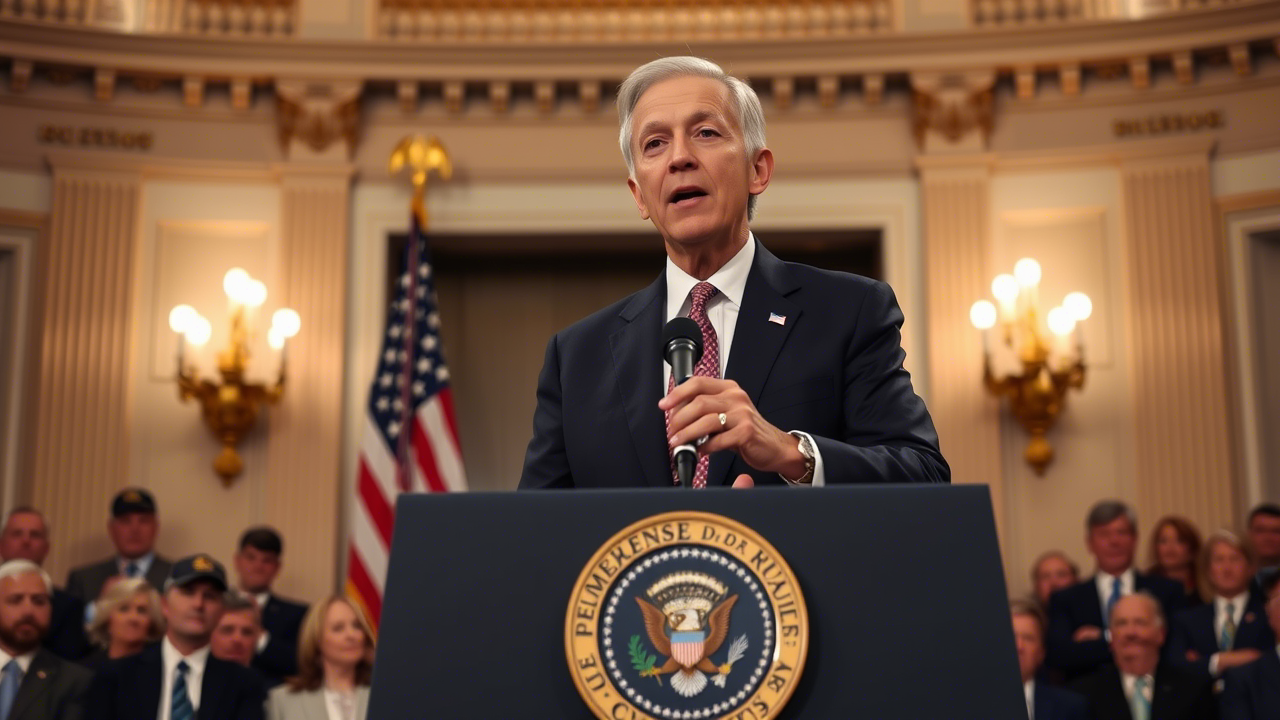What Would a US-China Trade War Do to the World Economy?
A full-scale trade war between the United States and China would have profound and far-reaching consequences for the global economy. As the world’s two largest economies, their trade relationship forms a backbone of global commerce. With President Donald Trump threatening to impose over 100% tariffs on Chinese goods and China vowing to retaliate, the situation poses significant risks for international markets, supply chains, and global growth.

1. The Scale of US-China Trade
In 2024, total goods trade between the US and China reached approximately $585 billion, with the US importing $440 billion worth of Chinese products and exporting $145 billion to China. This leaves the US with a $295 billion trade deficit with China — a figure often criticized by Trump, albeit inflated in his public statements.
Although the US has reduced its reliance on China — with Chinese goods falling from 21% to 13% of US total imports over the past decade — the trade relationship remains substantial and deeply embedded in global supply chains.
2. Global Supply Chain Disruption
Tariffs not only raise the cost of goods but also cause companies to rethink their supply networks. Previous rounds of tariffs led Chinese manufacturers to reroute goods through Southeast Asian countries like Malaysia, Vietnam, Thailand, and Cambodia to avoid US duties. However, the US is now targeting these routes with new tariffs as well.
This escalation can lead to:
- Higher production costs globally.
- Delays and shortages in electronics, machinery, and consumer goods.
- Restructuring of global trade flows, with potential benefits for countries outside the conflict, like India or Mexico.
3. Impact on Consumers and Businesses
Tariffs are essentially taxes on imports. As costs rise, consumers face higher prices on everything from electronics to clothing to solar panels. In parallel:
- US farmers, especially soybean producers, may be hit by Chinese counter-tariffs.
- Manufacturers that rely on Chinese components will see profit margins squeezed.
- Small businesses may struggle to absorb or pass on increased costs.
4. Financial Market Volatility
Markets dislike uncertainty. A prolonged trade war could trigger:
- Stock market selloffs globally.
- Flight to safe-haven assets like gold or the US dollar.
- Pressure on emerging markets, especially those reliant on exports or tied closely to Chinese supply chains.
5. Broader Economic Impact
A major trade war could:
- Reduce global GDP growth as trade volumes fall and investment slows.
- Hurt developing countries integrated into supply chains.
- Potentially worsen inflation in the US and globally.
- Spark currency instability, as countries adjust to trade imbalances.
The International Monetary Fund (IMF) has previously estimated that a full-blown trade war between the US and China could shave up to 0.5 percentage points off global growth — a significant blow given the already fragile post-pandemic recovery.
6. Political and Strategic Ramifications
This conflict isn't just economic. A trade war heightens geopolitical tensions, pushes China to build alternative trade alliances, and may accelerate the fragmentation of the global economy into rival blocs — one led by the US and another by China.

